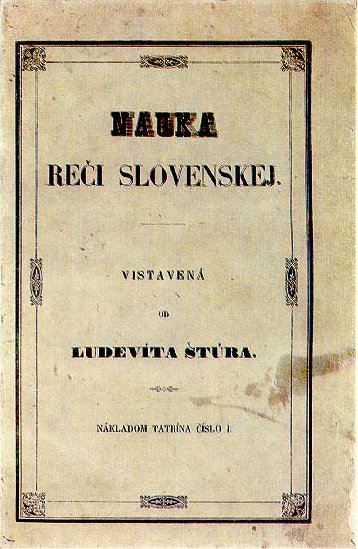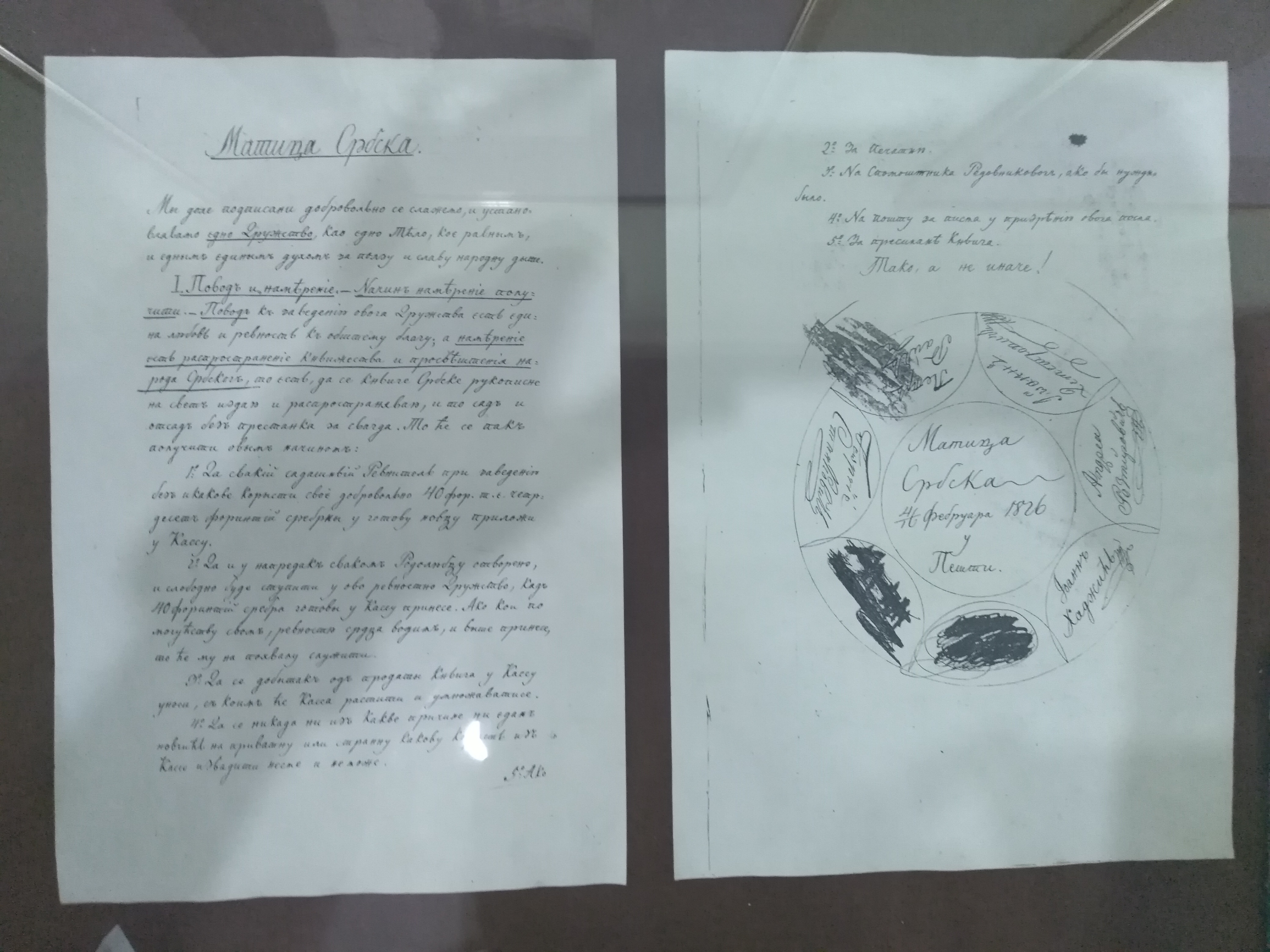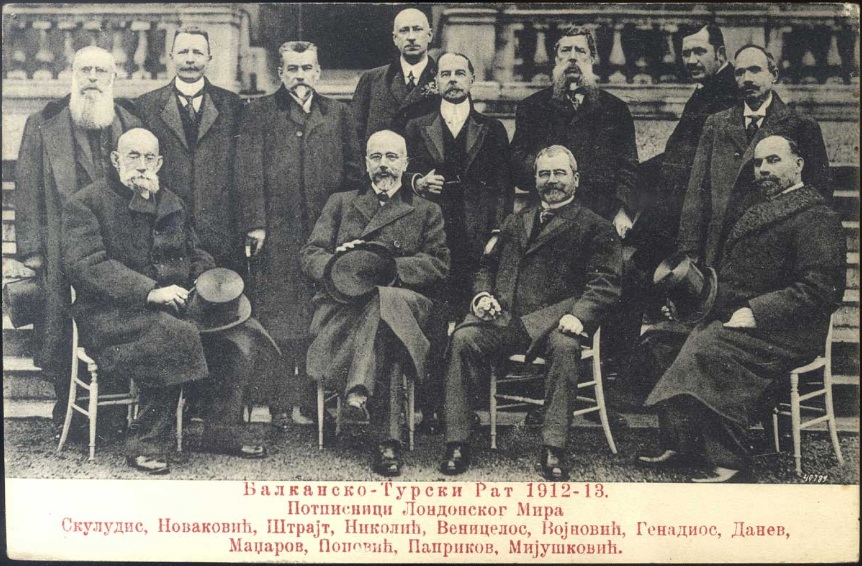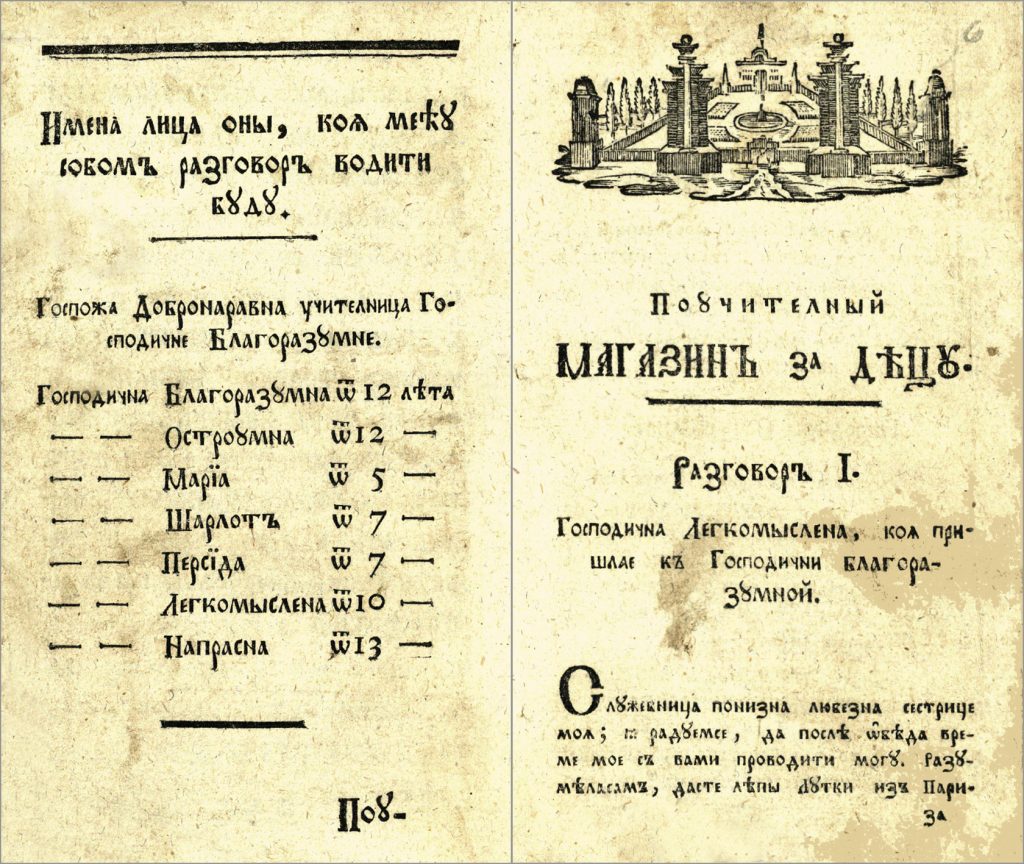|
Jovan Bošković
Jovan Bošković (Serbian Cyrillic: Јован Бошковић, Novi Sad, 19 February 1834 - Belgrade, 7 January 1893) was a Serbian professor, philologist, librarian, and politician. Biography His father was Stevan Bošković, a bootmaker originally from Veliki Bečkerek, and his mother was Marija. He allegedly comes from the family line of the famous general Simeon Zorić, a Serb in the service of Imperial Russia during the rule of Empress Catherine the Great. He graduated from the Novi Sad Gymnasium in 1850, and continued his university education in the north of Hungary (today's Slovakia), in Modra (1850/51) and Požun, where he graduated in 1852 with a bachelor's degree. During the Slovak years, he met and befriended Martin Hattala, Ján Kalinčiak and Ľudovít Štúr, whose work he translated into Serbian. He studied law in Vienna. He spoke several languages: Slovak, Czech, Hungarian, German, Ancient Greek and Modern Greek. In addition to studying law, he also attende ... [...More Info...] [...Related Items...] OR: [Wikipedia] [Google] [Baidu] |
Serbian Cyrillic
The Serbian Cyrillic alphabet (, ), also known as the Serbian script, (, ), is a standardized variation of the Cyrillic script used to write the Serbian language. It originated in medieval Serbia and was significantly reformed in the 19th century by the Serbian philologist and linguist Vuk Karadžić. The Serbian Cyrillic alphabet is one of the two official scripts used to write modern standard Serbian, the other being Gaj's Latin alphabet. Karadžić based his reform on the earlier 18th-century Slavonic-Serbian script. Following the principle of "write as you speak and read as it is written" (''piši kao što govoriš, čitaj kao što je napisano''), he removed obsolete letters, eliminated redundant representations of iotated vowels, and introduced the letter from the Latin script. He also created new letters for sounds unique to Serbian phonology. Around the same time, Ljudevit Gaj led the standardization of the Latin script for use in western South Slavic languages, appl ... [...More Info...] [...Related Items...] OR: [Wikipedia] [Google] [Baidu] |
Ľudovít Štúr
Ľudovít Štúr (; 28 October 1815 – 12 January 1856), also known as Ľudovít Velislav Štúr, was a Slovak revolutionary, politician, and writer. As a leader of the Slovak nationalism, Slovak national revival in the 19th century and the codifier of Standard language, standard Slovak language, Slovak, he is lauded as one of the most important figures in Slovak history. Štúr was an Community organizing, organizer of the Slovaks, Slovak volunteer Political campaign, campaigns during the Hungarian Revolution of 1848. He was also a politician, Slovak poetry, poet, journalist, publisher, teacher, philosopher, linguist, and member of the Hungarian Parliament. Biography Early life Ľudovít Štúr was born on 28 October 1815 in Uhrovec, Zayugróc, in the Austrian Empire (in the same house where Alexander Dubček was later born) as the second child of Samuel and Anna Štúr. He was baptized in the Evangelical Lutheran church in Uhrovec. He acquired his basic education, inc ... [...More Info...] [...Related Items...] OR: [Wikipedia] [Google] [Baidu] |
Matica Srpska
The Matica srpska ( sr-Cyrl-Latn, Матица српска, Matica srpska, ) is the oldest Serbian language independent, non-profit, non-governmental and cultural-scientific Serbian national institution. It was founded on June 1, 1826, in Pest, Hungary, Pest (today a part of Budapest) by the Serbs, Serbian Holy Roman Empire, habsburg legislator Jovan Hadžić and other prominent members of the Serbian Revolution and Serbian Revival, National Revival. The Matica was moved to Novi Sad in 1864. It is the oldest matica in the world. The main goals are to restore and promote Serbian national and cultural identity in the fields of art, science, spiritual creativity, economy and public life as well as to care for social development of Serbia. The literary and cultural society played a huge role in the flourishing of science and culture of the Serbs of Vojvodina, Serbia. The need for national homogenization, enlightenment, as well as the publication of Serbian books, were the main reaso ... [...More Info...] [...Related Items...] OR: [Wikipedia] [Google] [Baidu] |
Grande école
A (; ) is a specialized top-level educational institution in France and some other countries such as Morocco and Tunisia. are part of an alternative educational system that operates alongside the mainstream List of public universities in France, French public university system, and are dedicated to teaching, research and professional training in either Basic research, pure natural and Social science, social sciences, or applied sciences such as engineering, architecture, business administration, or Civil service, public policy and administration. Similar to the Ivy League in the United States, Oxbridge or the Golden triangle (universities), Golden Triangle in the UK, C9 League in China and German Universities Excellence Initiative in Germany, ''Grandes écoles'' are elite academic institutions that admit students through an extremely competitive process. primarily admit students based on their national ranking in written and oral exams called , which are organized annually b ... [...More Info...] [...Related Items...] OR: [Wikipedia] [Google] [Baidu] |
Đura Daničić
Đura ( sr-Cyrl, Ђура; also transliterated Djura) is a Serbian male given name derived from ''Đurađ'' (a Serbian variant of '' George''). It may refer to: People * Đura Dokić (1873–1946), a Serbian general, notable for being an Axis collaborator during World War II * Đura Džudžar (born 1954), a eparchial bishop of the Greek Catholic Eparchy of Ruski Krstur since 2018 * Đura Horvatović (or ''Đorđe Đuro Horvatović''; 1835–1895), a Serbian general and military minister * Đura Jakšić (1832–1878), a Serbian poet, painter, writer, dramatist and bohemian * Đura Sentđerđi (1900–1980) was a Yugoslav swimmer See also * Đuro, a South Slavic male given name * Đurovac, a village in the municipality of Prokuplje, Serbia * Đurović, a Serbian surname * Đurić, a Serbian surname * Đurovski Đurovski ( sr-Cyrl, Ђуровски; also transliterated Djurovski) or Ǵurovski (; also transliterated Gjurovski), is a South Slavic surname In many socie ... [...More Info...] [...Related Items...] OR: [Wikipedia] [Google] [Baidu] |
Stojan Novaković
Stojan Novaković ( sr-Cyrl, Стојан Новаковић; 13 November 1842 – 18 February 1915) was a Serbian politician, historian, diplomat, writer, bibliographer, literary critic, literary historian, and translator. He held the post of Prime Minister of the Kingdom of Serbia on two occasions, post of minister of education on three occasions, minister of interior on one occasion and leading the foremost liberal political party of that time in Serbia, the Progressive Party. He was also one of the most successful and skilled Serbian diplomats, holding the post of envoy to Constantinople, Paris, Vienna and Saint Petersburg. Noted intellectual, Stojan Novaković was the president of the Serbian Academy of Sciences and Arts, head of the National Library the first president and a founding member of Serbian Literary Guild, Professor at the Belgrade's Grande école, member of Serbian, Yugoslav, French, Czech, Polish and Russian academies.Ković, Miloš, ''Srbi 1903-1914: ... [...More Info...] [...Related Items...] OR: [Wikipedia] [Google] [Baidu] |
Jovan Subotić
Jovan Subotić (30 January 1817 – 16 January 1886) was a Serbian lawyer, writer, politician and academic. Biography Jovan Subotić was born at Dobrinci in Srem on 30 January 1817. After completing his high school (gymnasium) education in Sremski Karlovci and Szeged, Segedin, he proceeded in 1833 to the University of Pest (now the University of Budapest). He was among the most popular students of his time and served as president of the Serbian Students' Union. Before going to the university he had published some verses, and while still at the university put forth a book of collected poems under the title of Lira in 1837, and in 1843 another volume of poems entitled Bosilj. In 1840 he left the University of Pest with two doctorate degrees, one in philosophy (1836) and another in jurisprudence (1840). He then settled in Pest, Hungary, Pest where he opened a law practice; and began contributing regularly to ''Srbski Narodni list''. The ''Serbski letopis'', later renamed ''Letopis ... [...More Info...] [...Related Items...] OR: [Wikipedia] [Google] [Baidu] |
Vuk Karadžić
Vuk Stefanović Karadžić ( sr-Cyrl, Вук Стефановић Караџић, ; 6 November 1787 (26 October OS)7 February 1864) was a Serbian philologist, anthropologist and linguist. He was one of the most important reformers of the modern Serbian language. For his collection and preservation of Serbian folktales, ''Encyclopædia Britannica'' labelled Karadžić "the father of Serbian folk-literature scholarship." He was also the author of the first Serbian dictionary in the new reformed language. In addition, he translated the New Testament into the reformed form of the Serbian spelling and language. He was well known abroad and familiar to Jacob Grimm, Johann Wolfgang von Goethe and historian Leopold von Ranke. Karadžić was the primary source for Ranke's ''Die serbische Revolution'' (" The Serbian Revolution"), written in 1829. Biography Early life Karadžić was born to Serbian parents Stefan and Jegda (née ''Zrnić'') in the village of Tršić, near Loznica, ... [...More Info...] [...Related Items...] OR: [Wikipedia] [Google] [Baidu] |
Đuro Daničić
Đuro Daničić ( sr-Cyrl, Ђуро Даничић, ; 4 April 1825 – 17 November 1882), born Đorđe Popović ( sr-cyr, links=no, Ђорђе Поповић) and also known as Đura Daničić ( sr-Cyrl, links=no, Ђура Даничић), was a Serbian philologist, translator, linguistic historian and lexicographer. He was a prolific scholar at the Belgrade Lyceum. Biography He was born in Novi Sad, in the family of Orthodox priest Jovan Popović. He attended schools in Novi Sad and Bratislava, and studied law at the University of Vienna. He published his first papers under the name Đuro Daničić in 1845, after the heroic Senj Uskok from a folk poem, and a name that he continued to use throughout the rest of his life. Under the influence of Vuk Karadžić and Franz Miklosich, he started studying Slavic philology, to which he subsequently devoted his entire career. In 1856, he became the librarian of the People's Library in Belgrade and secretary of the Society of Serbian Lit ... [...More Info...] [...Related Items...] OR: [Wikipedia] [Google] [Baidu] |
Franc Miklošič
Franz Miklosich (, also known in Slovene as ; 20 November 1813 – 7 March 1891) was a Slovenian philologist and rector of the University of Vienna. Early life Miklosich was born in the small village of Radomerščak near the Lower Styrian town of Ljutomer, then part of the Austrian Empire, and baptized ''Franz Xav. Mikloschitsh''. He graduated from the University of Graz with a doctor of philosophy degree. Career He was a professor of philosophy at the University of Graz. In 1838, he went to the University of Vienna, where he received a doctor of law decree. During his studies, he became influenced by the works of the Slovenian philologist and linguist Jernej Kopitar. He abandoned law, devoting most of his later life to the study of Slavic languages. In 1844, he obtained a post at the Imperial Library of Vienna, where he remained until 1862. In 1844, he published a review of Franz Bopp's book ''Comparative Grammar,'' which attracted attention from the Viennese academic cir ... [...More Info...] [...Related Items...] OR: [Wikipedia] [Google] [Baidu] |
German Language
German (, ) is a West Germanic language in the Indo-European language family, mainly spoken in Western Europe, Western and Central Europe. It is the majority and Official language, official (or co-official) language in Germany, Austria, Switzerland, and Liechtenstein. It is also an official language of Luxembourg, German-speaking Community of Belgium, Belgium and the Italian autonomous province of South Tyrol, as well as a recognized national language in Namibia. There are also notable German-speaking communities in other parts of Europe, including: Poland (Upper Silesia), the Czech Republic (North Bohemia), Denmark (South Jutland County, North Schleswig), Slovakia (Krahule), Germans of Romania, Romania, Hungary (Sopron), and France (European Collectivity of Alsace, Alsace). Overseas, sizeable communities of German-speakers are found in the Americas. German is one of the global language system, major languages of the world, with nearly 80 million native speakers and over 130 mi ... [...More Info...] [...Related Items...] OR: [Wikipedia] [Google] [Baidu] |
Hungarian Language
Hungarian, or Magyar (, ), is an Ugric language of the Uralic language family spoken in Hungary and parts of several neighboring countries. It is the official language of Hungary and one of the 24 official languages of the European Union. Outside Hungary, it is also spoken by Hungarians, Hungarian communities in southern Slovakia, western Ukraine (Zakarpattia Oblast, Transcarpathia), central and western Romania (Transylvania), northern Serbia (Vojvodina), northern Croatia, northeastern Slovenia (Prekmurje), and eastern Austria (Burgenland). It is also spoken by Hungarian diaspora communities worldwide, especially in North America (particularly the Hungarian Americans, United States and Canada) and Israel. With 14 million speakers, it is the Uralic family's most widely spoken language. Classification Hungarian is a member of the Uralic language family. Linguistic connections between Hungarian and other Uralic languages were noticed in the 1670s, and the family's existenc ... [...More Info...] [...Related Items...] OR: [Wikipedia] [Google] [Baidu] |








